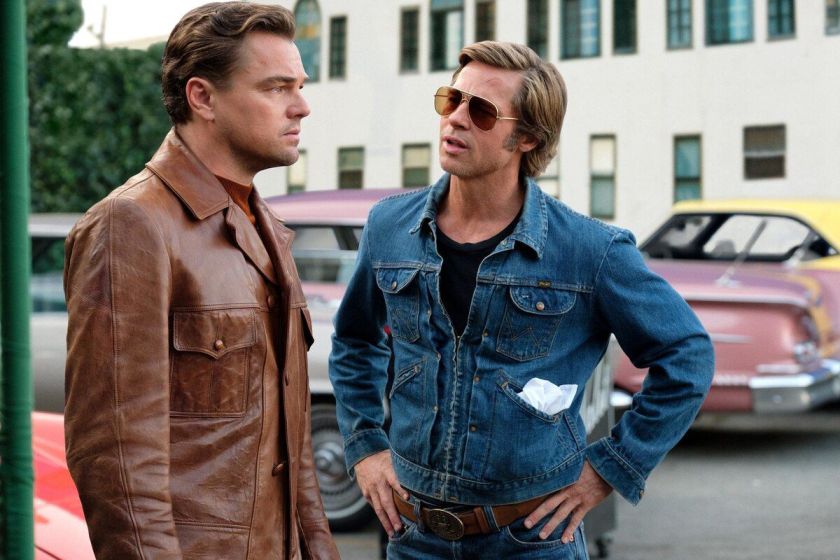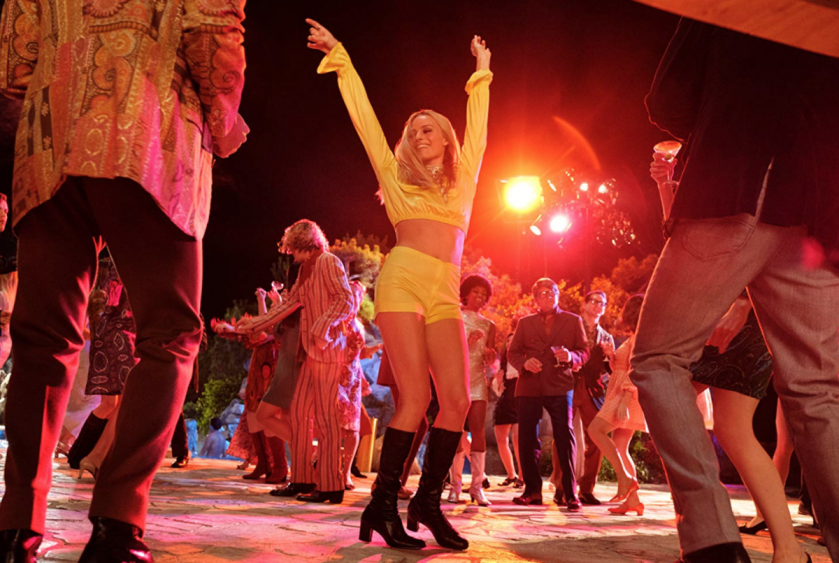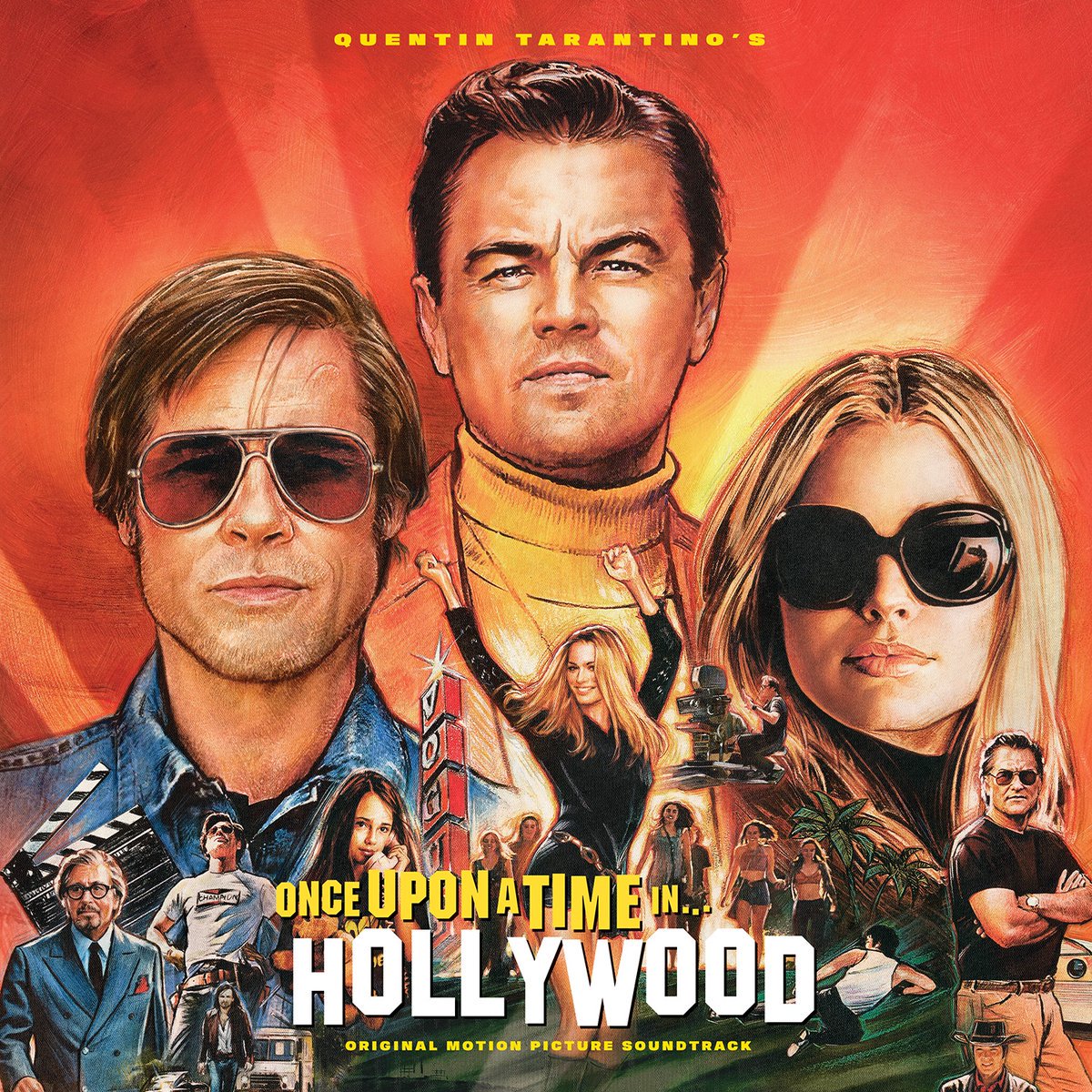Bob Dylan’s “The Times They Are A Changin’” would have been the perfect theme song to describe director-writer Quentin Tarantino’s latest cinematic escapade, Once Upon A Time In Hollywood (not to knock on Tarantino’s masterful selection of classic tunes in his 9th film; proliferating the 60s vibe buried in the heart of Los Angeles).
Yet that song would have been too on the nose in highlighting the film’s portrayal of the inevitable tragedy of classic cinemascape. I feel Tarantino made the right choice to instead showcase this era of Tinsel town in all its unbridled glamour (embodied by Margot Robbie’s Sharon Tate) while mixing into it the unhinged career identity crisis embedded in showbusiness (exemplified through Leonardo DiCaprio’s Rick Dalton) with a dash of classic Steve McQueen-esque coolness that was all the rage during that period (personified by Brad Pitt’s Cliff Booth).

It’s a more ambitious narrative undertaking for Tarantino (picture Pulp Fiction but with a bigger budget) and so if the pacing feels off during your viewing, just know that it was a deliberate decision straight from the director’s chair in order to compensate for the massive scope of following three separate lead characters in their respective journeys.
More than any other film he’s done before, Tarantino’s cinephilia is finally let loose in this film, to my extreme delight. From subtle references to spaghetti westerns (a guilty pleasure of mine) like The Mercenary and Navajo Joe to playful cameos of era-specific radio commercials and film classics like The Wrecking Crew, I was giddy as a school kid because I felt truly transported into this surreal recreation of classic Hollywood. The film’s runtime of almost three hours was just a tad too short.

All in all, Tarantino successfully injects his signature visceral story-telling prowess into a beautifully-crafted rumination about the dying days of Hollywood’s golden age of cinema.
P.S. MINOR END-CREDITS SPOILER: I loved the classic Batman and Robin radio commercial plastered at the end-credits. I feel it’s Tarantino’s way of acknowledging the roots that gave birth to the current landscape of modern cinema that’s now dominated by big budget superhero films – the final nail in the coffin of Hollywood’s Golden Age.


